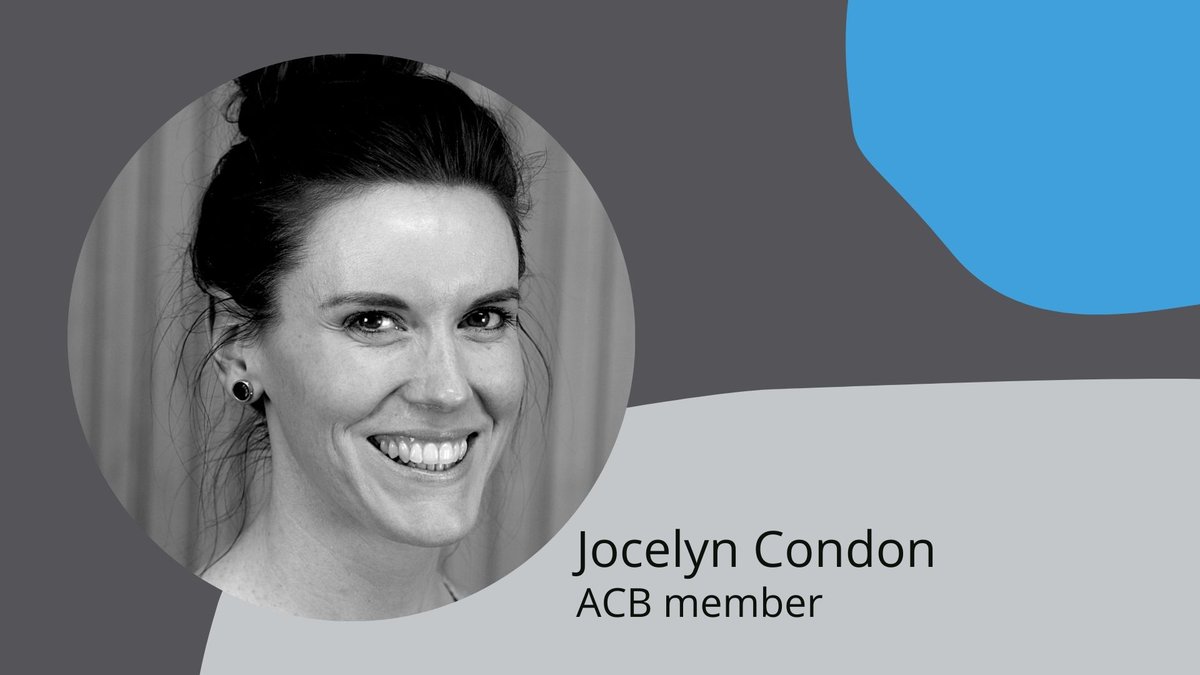Jocelyn Condon

Jocelyn has previously worked for the International Labour Organisation (ILO) and community development organisations in Timor-Leste and as an internal audit and business process consultant with Deloitte.
Jocelyn has over a decade of experience specialising in standard-setting, governance and certification mechanisms. She currently leads ACFID’s work on its international development standard (the ACFID Code of Conduct), managing certification, self-assessment and complaints handling, and working closely with the Pacific Island Association of NGOs (PIANGO) on the development and implementation of a Pacific Regional Framework for CSO accountability.
Jocelyn holds a Masters in Public Policy specialising in Global Development Policy from the Australian National University and a double undergraduate degree in Accounting and Asia-Pacific Studies (ANU).
Jocelyn has a background in the safeguarding of vulnerable persons, leading the design and implementation of the Australian NGO sector’s response to sexual exploitation, abuse and harassment (SEAH) since 2018. This has included oversighting the development of ACFID’s PSEAH policy guidance for NGOs, guidance for survivor-centred complaints handling mechanisms, ACFID’s country referral guidance for 11 countries across the Indo-Pacific, and ACFID’s Safeguarding 101 e-learning, which has since been translated into 10 languages. Jocelyn worked closely with the Australian Department of Foreign Affairs and Trade on the development of Australia’s PSEAH policy and has since represented the Australian NGO sector at national and international exchanges, discussing Australia’s response to both PSEAH and Child Safeguarding. Jocelyn is currently leading the Australian NGO sector’s implementation of the interagency Misconduct Disclosure Scheme, including the development of legal guidance and other supporting mechanisms. She is a trained grievance counsellor with a background in complaints handling and is currently also working as ACFID’s internal safeguarding focal point.
I joined the HQAI community as a member of the advisory and complaints board in June 2022.
I’m a firm believer in standard setting and certification as a means by which humanitarian organisations can be accountable to affected populations for the work they do. When the quality of an organisation’s work so vitally important as we know it is in the humanitarian setting, it’s not enough to simply mean well. Organisations need to ensure their work meets the highest possible benchmark, and the work of HQAI helps both these organisations and their stakeholders to understand whether this is happening and to be accountable for the results.
The community of specialists that make up HQAI, the Board and the ACB are experts in their respective field. Together, they form an unstoppable force for quality and accountability that’s focused entirely on this work. HQAI is the only organisation I work with where the verification against standards is the only work the organisation undertakes. This allows HQAI to be really focused and clear about what matters, quality and accountability. I was delighted to be asked to join such a field of passionate people.